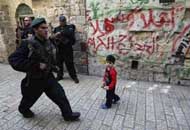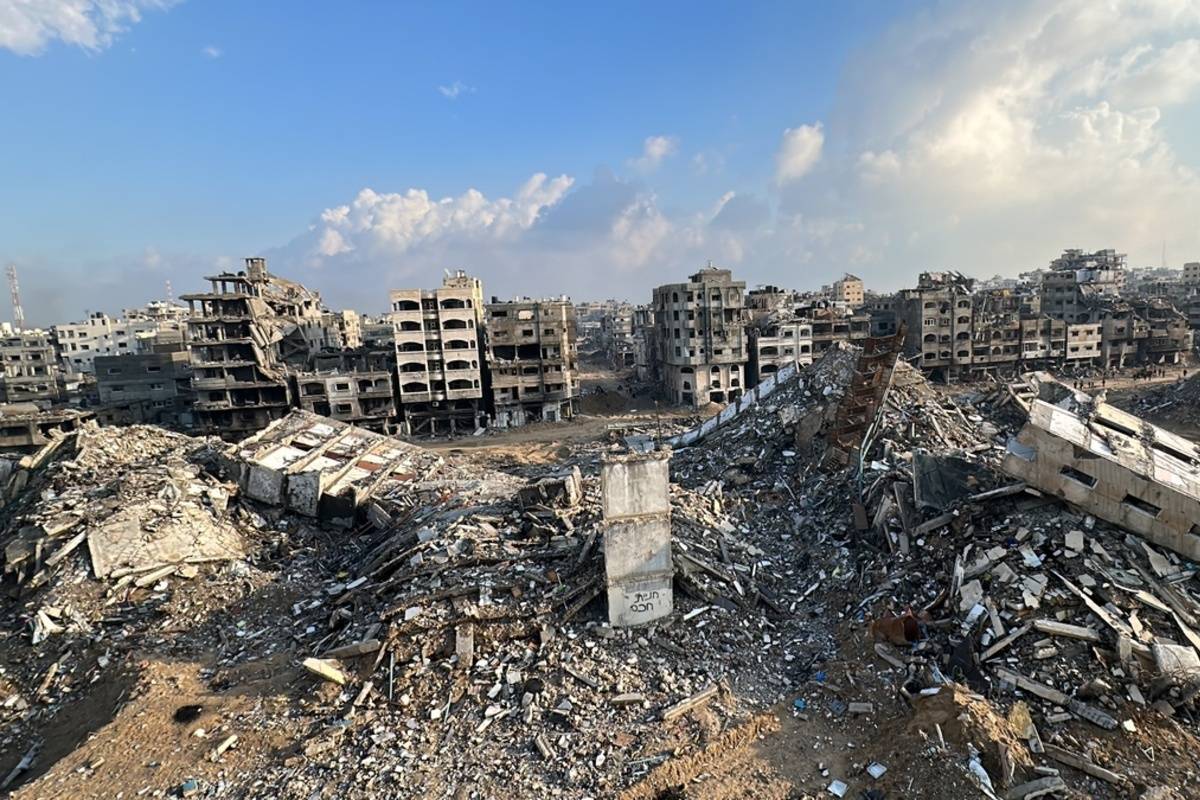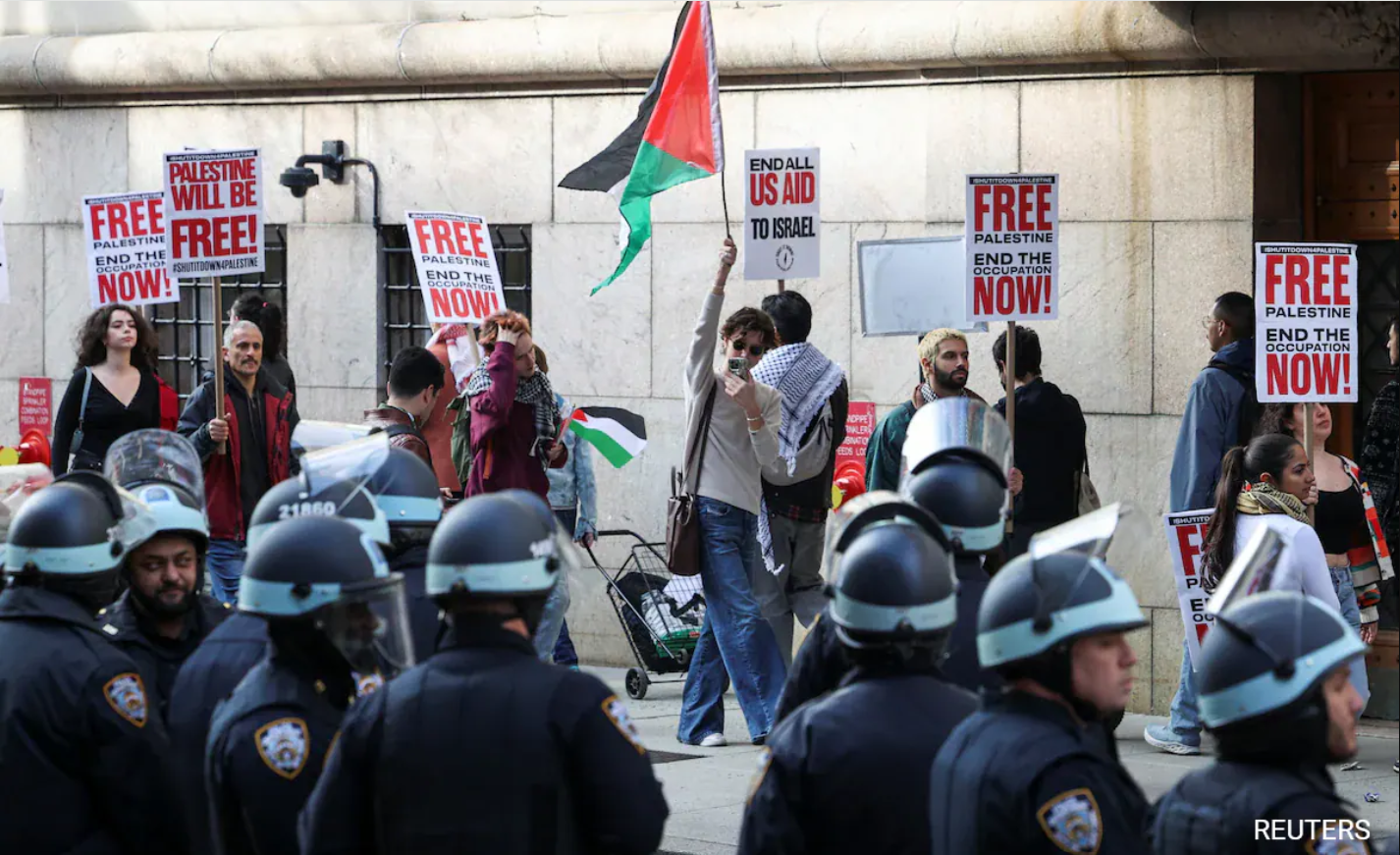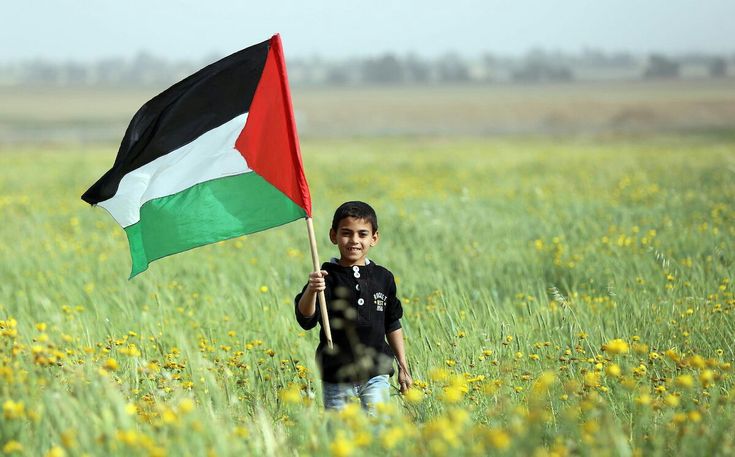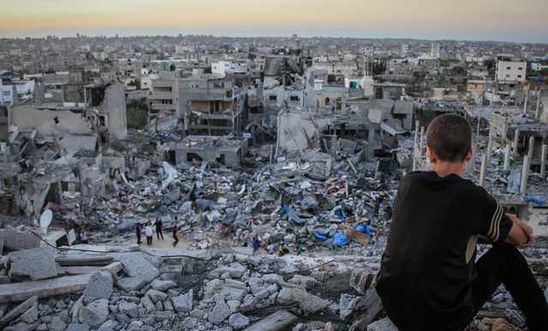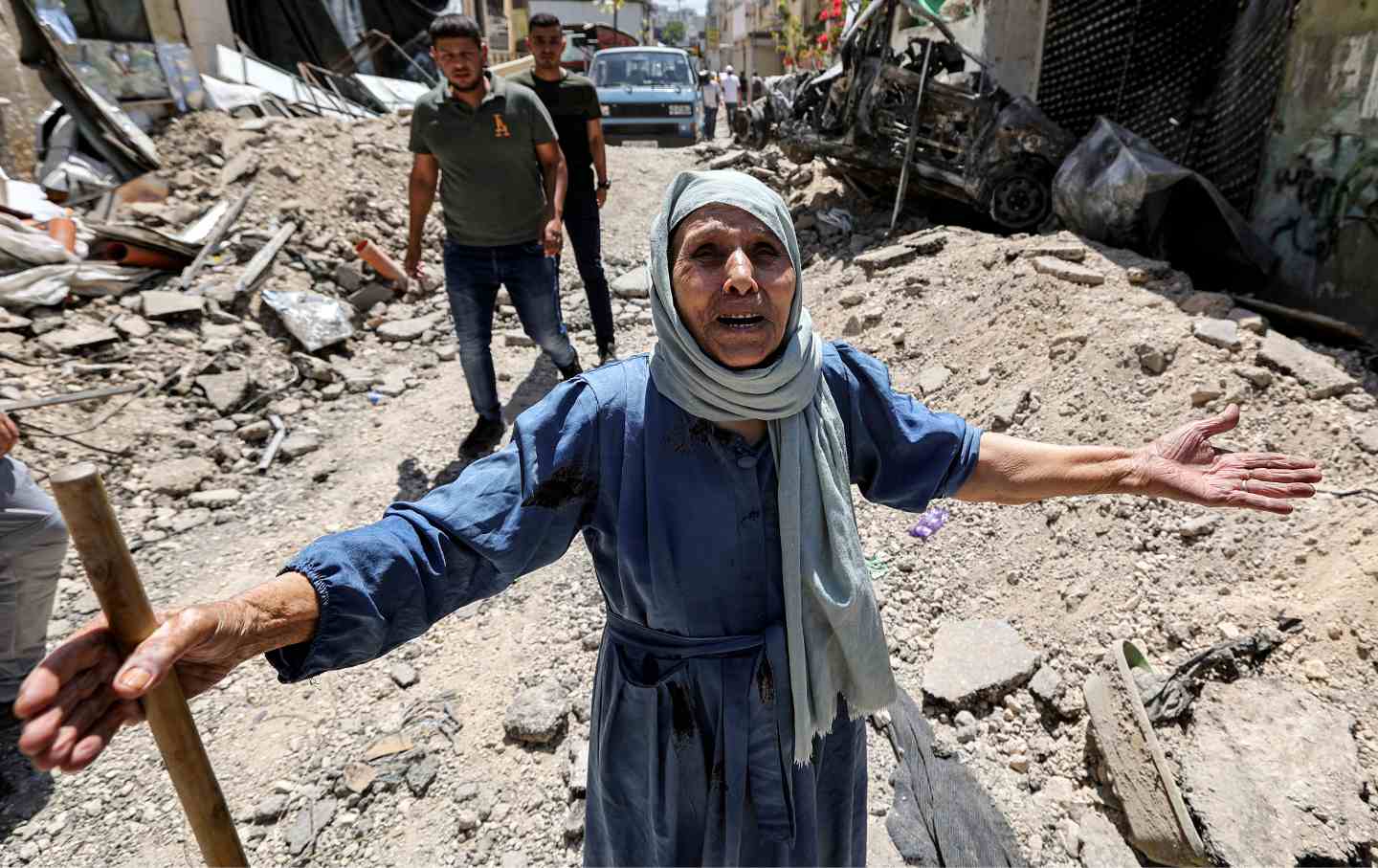It has always been my strong conviction that any real change in Israeli politics must inevitably come out of Israel itself and not solely as a result of external pressure. Don't get me wrong, the United States in particular could drastically change the balances of power with the swift stroke of a pen (across its Israel foreign aid check to be precise) and is thus in no way exonerated from its responsibility of playing a positive role in the resolving the conflict. My point, however, is that for the Israeli government to change, it must be pressured from its own people. It is not for us, the oppressed and occupied Palestinians, to teach them the ways in which they occupy us or the means with which they oppress us. That never has been and never will be our job.
Thankfully, I am not alone in my opinion. While many Palestinians may also think this way, there are Israelis out there who believe it is their duty to end the occupation of Palestine. Some take it from the standpoint that the occupation is corroding the very foundations of Israel and its moral compass while others understand it as the deepest violation of [Palestinian] human rights. In either case, their views corroborate my point exactly, which is that Israelis themselves will be the catalyst for a real change in Israel.
Take for example this last week. The majority of Israelis are celebrating their Independence Day. Colorful and I might add, very loud fireworks could be seen (and heard) all through Tuesday night in Jerusalem and I assume in other areas where Israelis reside. Israeli politicians made speeches praising the Israeli people and the Jewish dream while vowing to remain loyal to an undivided and eternally Jewish Jerusalem. The Palestinian question was not present, the oppression of a people, the occupation of the land and the denial of their rights was not part of Israel's Independence Day discourse, except in the context of Israel's "outstretched hand" for peace, a hand which has been repeatedly swatted down by the Palestinians.
In any case, for an average Israeli, it would be easy just to soak up all of the government speeches, the media coverage and the propaganda swirling around Israel's existence. That is why, those Israelis who dare to see further can only be commended for their courage. In Haaretz, for example, there is the interesting figure of Bradley Burston, who you may not always agree with but who you must respect because of his straightforward logic and his boldness to speak his mind. He is a proud Israeli who believes in the Zionist dream. As a Palestinian, I would have my own bone to pick with him if I were to sit across from Mr. Burston. But I would also be able to shake his hand at the end of our conversation. In a recent article, he ends with these lines:
This, then, is my mission statement for this Independence Day:
Let the Occupation end with me; May it end here. Let it end soon; May Jews and Arabs become again what they once were: Neighbors; True cousins; May this be the generation that outlives the Occupation; May we find ways to cripple it, take it apart. End it; This is Independence Day. Free Israel. End the Occupation.
While Mr. Burston may want the occupation to end because he believes in a sustainable Israel, he is still acutely aware of the injustices done to the Palestinians. He admits going every week to protest the settler takeover of Sheikh Jarrah and the devastating ramifications of the government's complacency towards the right wing settlers on the future of Israel as a whole. Again, as a Palestinian, I will not feign concern for Israel's moral character. To me, it is already denigrated. But if his concern for Israel's future means he also fights to end his country's occupation and accepts a Palestinian state as his neighbor, then by all means, I'll take it.
Bradley Burston is not the only Israeli who caught my attention. As a writer, I naturally get responses to my articles from as close as Palestinians in Jerusalem to as far as Jews living in Kenya. Just yesterday, I received a heartfelt email from an Israeli living, I assume from her email address, right here in Jerusalem. We will probably never become friends or even meet given the deep divide between Jerusalem's east and west sectors. However, I could not but admire her courage. She did not have to write to me, but she took the time to pen a response to one of my articles with the simple subject "Thank you." As an Israeli, she said how she had come to learn that her government does not want peace. She learned about the Palestinian refugees of 1948 and Al Nakba. Finally, she told me, a Palestinian stranger, that she does not want her son to join the army and that she supports Palestinians in their quest for peace.
It goes without saying that I was blown away by this email in particular. It may be a slow process and my people are destined to suffer so much more before they enjoy the sweet taste of freedom. The Israeli government is not willing to do what it takes to make peace and it is still stubbornly supporting the settlement enterprise even as the settlers themselves nastily turn on Israel's army. However, the weekly Sheikh Jarrah protests, the Bilin demonstrators, the journalists and bloggers out there who speak their minds and the ordinary Israelis who feel an obligation to write an email to a Palestinian to show their solidarity all point in the same direction. Israeli society will inevitably change and these people are the first soft breezes that precede the storm. I do not have to tell them about their occupation. My duty is to fight it. I have always known that. As for the Israelis? Well, ask them. A surprising number of them already know.
Joharah Baker is a Writer for the Media and Information Department at the Palestinian Initiative for the Promotion of Global Dialogue and Democracy (MIFTAH). She can be contacted at mid@miftah.org.




